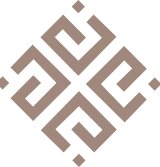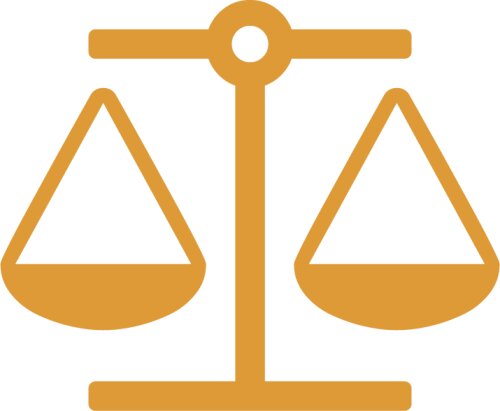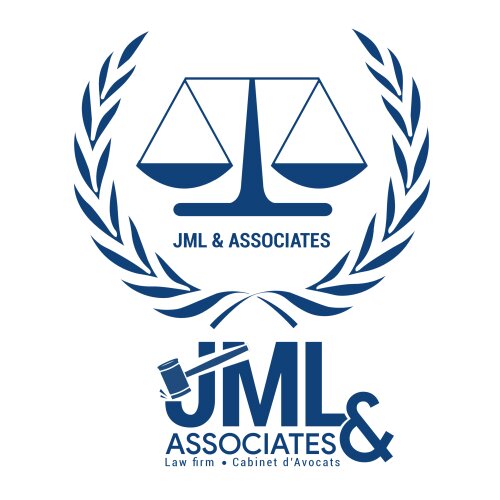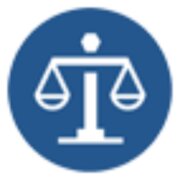Best Family Lawyers in DR Congo
Share your needs with us, get contacted by law firms.
Free. Takes 2 min.
Free Guide to Hiring a Family Lawyer
Or refine your search by selecting a city:
List of the best lawyers in DR Congo
About Family Law in DR Congo
Family law in the Democratic Republic of Congo (DR Congo) governs the legal responsibilities and rights related to family relationships, including marriage, divorce, child custody, alimony, and inheritance. This area of law is crucial due to its direct impact on personal lives and social structures. The legal framework is largely based on Congolese civil law, influenced historically by Belgian civil law, and customary laws that may vary across different regions and communities. Understanding these laws is vital for navigating legal family matters effectively.
Why You May Need a Lawyer
Individuals in the DR Congo may require legal assistance in family law for a variety of reasons. Common situations include:
- Disputes regarding the custody and support of children.
- Negotiating and drafting prenuptial and postnuptial agreements.
- Legal advice and procedures for initiating and finalizing divorce.
- Resolving inheritance and succession issues under Congolese law.
- Protection from domestic violence through legal mechanisms.
- Assistance with adoption processes.
- Legalities regarding family assets and property disputes.
In these contexts, a lawyer can provide essential guidance, help navigate complex legal procedures, and ensure that the rights and interests of clients are appropriately represented and protected.
Local Laws Overview
Key aspects of local family laws in DR Congo include:
- Marriage: Legal age for marriage is set at 18 years for both males and females. Both civil and customary marriages are recognized, with specific requirements for each.
- Divorce: Divorce can be sought on various grounds, including adultery, desertion, or mutual consent. The legal process can be complex, often requiring a legal representative.
- Child Custody and Support: The best interests of the child are paramount in legal decisions regarding custody and support, with both parents typically sharing responsibilities unless deemed otherwise by the court.
- Inheritance: The law outlines specific rules for inheritance, heavily influenced by family lineage, with distinctions between male and female heirs in customary contexts.
- Domestic Violence: Recent legal developments aim to address and mitigate domestic violence, offering protection orders and other legal remedies.
- Adoption: Comprehensive legal frameworks regulate domestic and, to some extent, international adoptions, ensuring the welfare of the child is prioritized.
Frequently Asked Questions
What are the requirements for a legal marriage in DR Congo?
Both parties must be at least 18 years old, and marriage must be entered into with free and full consent. Documentation, including birth certificates and identification, may be required.
How is child custody determined post-divorce?
Custody decisions prioritize the child's best interests, taking into account factors such as the parent's ability to provide care and maintain a stable environment.
Can customary marriages be legally recognized?
Yes, customary marriages can be legally recognized if they adhere to specific regional and cultural practices, and are registered with the civil authorities.
What legal remedies are available for domestic violence victims?
Victims can seek protection orders and report cases to law enforcement, with legal proceedings available to address and prevent further violence.
Is adoption open to international applicants?
International adoption is possible but highly regulated. It requires adhering to both Congolese and international legal standards, ensuring the child's best interests are served.
How are inheritance disputes typically resolved?
Inheritance disputes are resolved through legal channels, which might involve both civil law and customary practices, depending on the family's background and traditions.
What should one do if a spouse refuses to agree to a divorce?
In such cases, legal mediation can be sought, or one might consider filing a contested divorce with the help of a legal professional.
What is a prenuptial agreement, and is it legally binding?
A prenuptial agreement is a contract entered into before marriage outlining the division of assets in case of divorce, legally enforceable if properly drafted and signed.
Can one appeal a family court decision?
Yes, family court decisions can be appealed, but it requires legal grounds for appeal and an understanding of procedural rules, often necessitating a lawyer's assistance.
How are family assets divided upon divorce?
Family assets are divided based on marital property laws, which consider both partners’ contributions and ensure equitable distribution, often requiring legal negotiation or court intervention.
Additional Resources
For those seeking further information or legal assistance in family law, the following resources might be helpful:
- Ministry of Justice and Human Rights: Provides official information and access to legal procedures and documentation.
- Local Bar Associations: Offer directories of qualified family lawyers who can provide legal guidance.
- Non-Governmental Organizations (NGOs): Some NGOs focus on family law issues, providing assistance and advocacy for vulnerable communities.
- Human Rights Watch: Offers reports and resources related to family law and social justice issues in DR Congo.
Next Steps
If you require legal advice or assistance in family law issues in DR Congo, consider the following steps:
- Consult with a qualified family lawyer or legal professional to discuss your specific circumstances.
- Gather all relevant documentation, including marriage licenses, birth certificates, and any legal correspondence.
- Research and reach out to local resources or organizations that can offer support and guidance.
- Stay informed about your rights and the legal processes by accessing reputable sources and legal literature.
- Consider mediation or legal counseling if pursuing collaborative solutions to family disputes.
Engaging with the right legal assistance can make a significant difference in navigating family law matters effectively and ensuring optimal outcomes for you and your family.
Lawzana helps you find the best lawyers and law firms in DR Congo through a curated and pre-screened list of qualified legal professionals. Our platform offers rankings and detailed profiles of attorneys and law firms, allowing you to compare based on practice areas, including Family, experience, and client feedback.
Each profile includes a description of the firm's areas of practice, client reviews, team members and partners, year of establishment, spoken languages, office locations, contact information, social media presence, and any published articles or resources. Most firms on our platform speak English and are experienced in both local and international legal matters.
Get a quote from top-rated law firms in DR Congo — quickly, securely, and without unnecessary hassle.
Disclaimer:
The information provided on this page is for general informational purposes only and does not constitute legal advice. While we strive to ensure the accuracy and relevance of the content, legal information may change over time, and interpretations of the law can vary. You should always consult with a qualified legal professional for advice specific to your situation.
We disclaim all liability for actions taken or not taken based on the content of this page. If you believe any information is incorrect or outdated, please contact us, and we will review and update it where appropriate.
Browse family law firms by service in DR Congo
DR Congo Attorneys in related practice areas.
Browse family law firms by city in DR Congo
Refine your search by selecting a city.
















